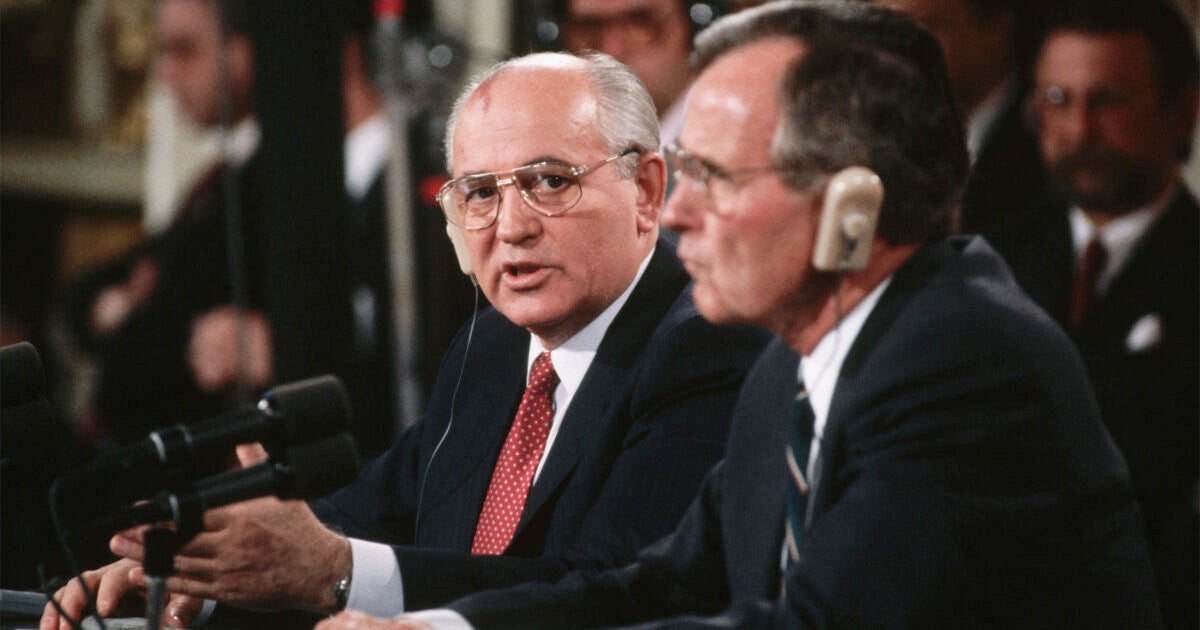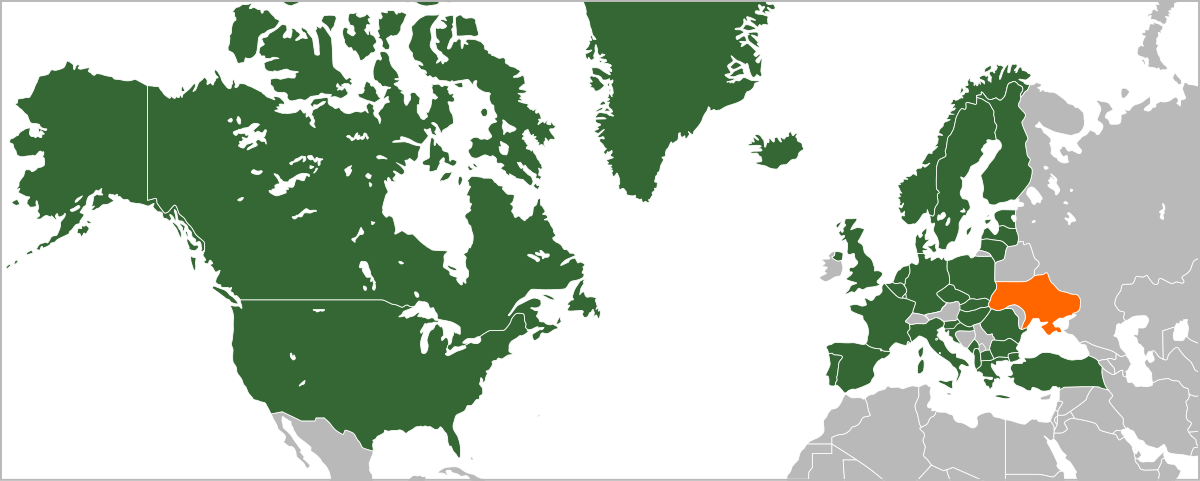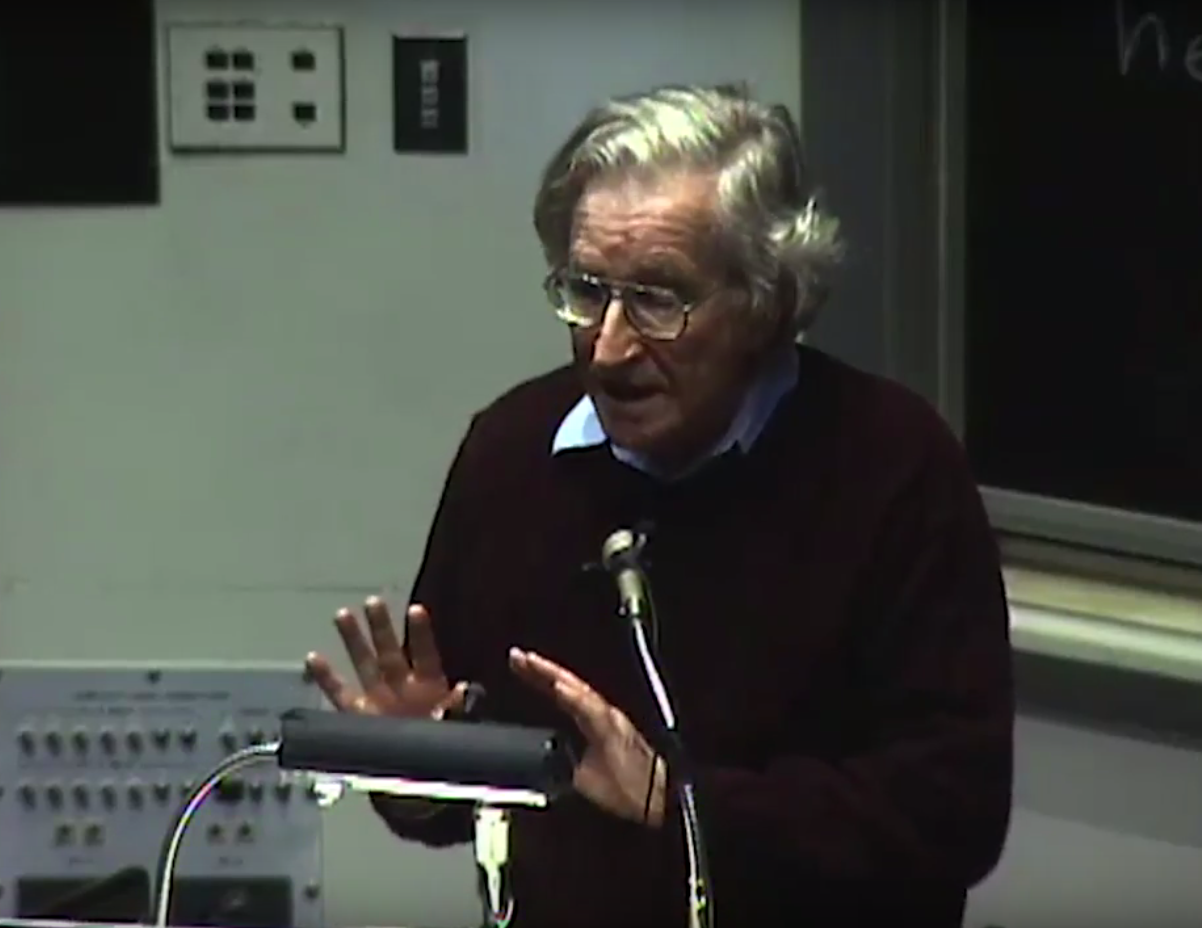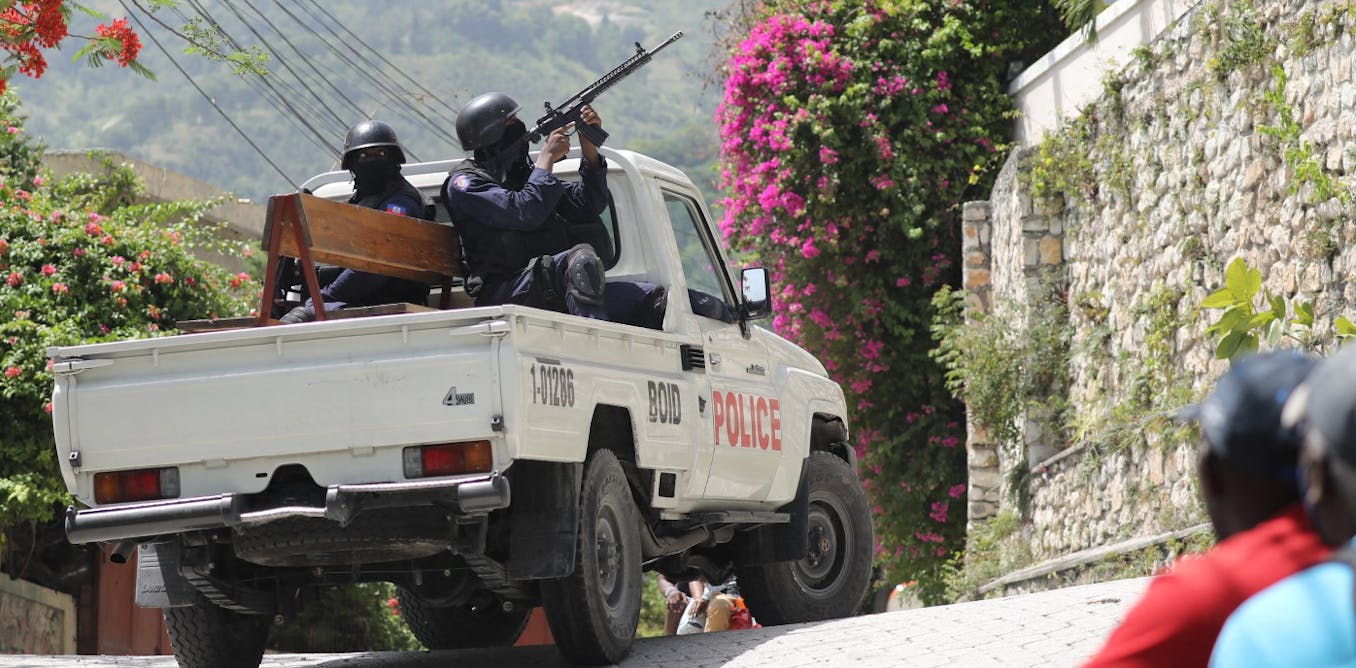Here is David Irving, probably the foremost academic in the area of Holocaust denial and Nazi revisionism
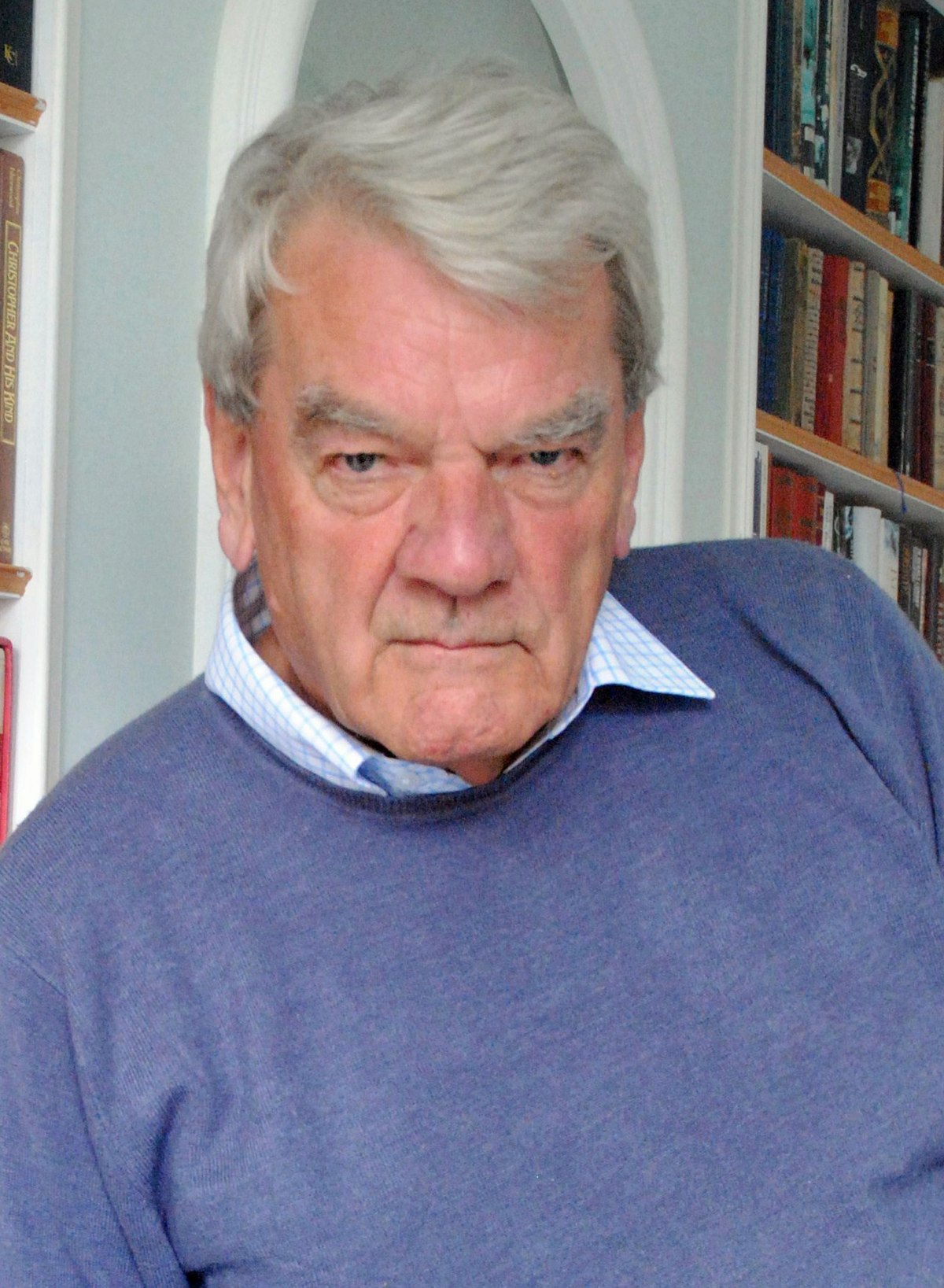
David Irving - Wikipedia
en.m.wikipedia.org
He too was a respected historian and widely quoted like Chomsky.
Notice how, once again, you didn't post jack shyt about Chomsky but are deflecting by posting someone whose statements about the Holocaust are THE EXACT OPPOSITE of what Chomsky has said about it. You haven't once posted a rebuttal of Chomsky's position on an issue you actually care about, you haven't once addressed your own title for the thread, because we all know from previous conversations that you're a lightweight who doesn't know shyt about history beyond, "Rah Rah American Military is Awesome!"
How about we listen to the opinion of someone who isn't a clown? Adam Jones is the author of "Genocide: A Comprehensive Introduction" and numerous other books about genocide, editor of "Journal of Genocide Research" and "Studies in Genocide and Crimes against Humanity", executive director of the NGO Gendercide Watch, and named as one of "Fifty Key Thinkers on the Holocaust and Genocide"
Here is a paper he wrote for Genocide Studies and Prevention entitled "Chomsky and Genocide"
Chomsky and Genocide
Noam Chomsky may justly be considered the most important public intellectual alive, and the most significant of the post-World War Two era. Despite his scholarly contributions to linguistics, at least three generations know him primarily for his political writings and activism, voicing a...
Conclusion
Noam Chomsky’s approach to the discourse of “genocide” may best be described as conflicted. On one hand, he is justifiably cynical about the manipulative and politicized ways in which the term has often been employed, notably by those in positions of political power and media prominence. This is intensified by the term’s deployment against designated enemies (frequently in the context of “humanitarian” interventions); and, contrastingly but correspondingly, the resolute avoidance of “genocide” to inure great powers and their allies to condemnation, and to evade a moral reckoning with the consequences of their own actions, past and present. In one of his most recent comments on the subject, in the foreword to Herman & Peterson’s The Politics of Genocide, Chomsky even suggests that the term should be “expunge[d] ... from the vocabulary,” until these self-serving manipulations can be addressed and rectified.
No-one would expect the modern era’s most renowned linguistic scholar to be inattentive to language, and Chomsky’s critique displays a profound concern with the way political language can be twisted and abused. At the same time, his activist sensibility, combined with the extraordinary rhetorical power of “genocide,” leads him to a passing – but cumulatively significant – deployment of the term in his huge corpus of work. By referencing a few key statements and assembling numerous fragments, it is possible to discern a framing that favors a totalized or near-totalized understanding of the concept. However, with the exception of Nazi genocide, the destruction of indigenous peoples in the Americas, and possible future genocides, Chomsky’s use of “genocide” is hedged with key reservations and qualifications: one is much more likely to find references to “near-genocide,” “virtual genocide,” or “approaching genocide,” and he is readier to cite others’ claims of genocide, albeit supportively, than to advance them without the attendant quotation marks.
Chomsky, then, offers a reasonably coherent and often forceful critique of the misuse of “genocide,” and he also uses it for rhetorical and political effect, with the caveats noted. But this is as far as he has been interested and prepared to go. Unlike a couple of his coauthors (Herman and Pappé), Chomsky displays no particular desire to engage meaningfully or systematically with the genocide framing, or to analyze its applications and possible utility. For the most part, one explores this aspect of his writing and speaking not to understand genocide as a concept, but to better understand Chomsky.
But this would be an unsatisfactory note to end on. Chomsky is hardly the first or the only political critic to evince skepticism toward “genocide,” and to downplay or avoid it in his own work. To the extent that Chomsky has addressed it, he has provided some useful insights into how, like the other politically-loaded terminology he analyzes, it has been prone to misrepresentation, evasion, and obfuscation, often for nefarious reasons. Much more significant is the formative value of his decades of critique in helping generations of questing, activist-inclined minds – including my own – to penetrate the layers of lies and propaganda that envelop us. Many of us would be less hesitant to label as “genocide” atrocities for which Chomsky generally adopts different terms, or to which he assigns a “genocide” framing only with qualifications. In so doing, though, we would be well advised to draw on Chomsky’s painstaking, exhaustive documentation and dissection of such mass crimes – from East Timor to Guatemala and El Salvador, and to varied forms of structural and environmental violence. His is a major, even unparalleled contribution to the study of mass atrocities worldwide, and for this he merits recognition and gratitude.
If you read the full paper, it is clearly objective and careful research by someone who cares a LOT about genocide and is a hugely respected scholar in the field. The purpose of the paper is not to support Chomsky or to destroy Chomsky, but to determine his actual position on genocide across the board. It's real research, rather than the social media bullshyt that's been posted so far.
This is a Higher Learning forum and a few prejudiced idiots are trying to treat it like Twitter.


